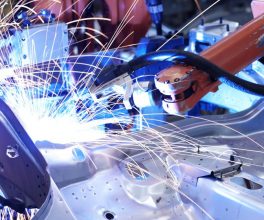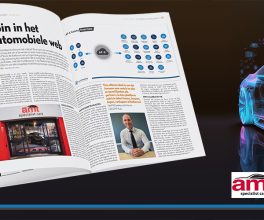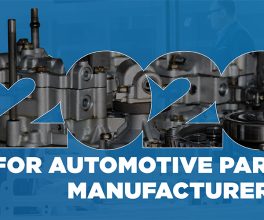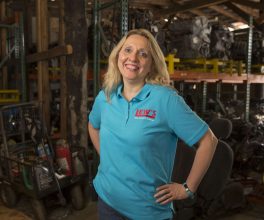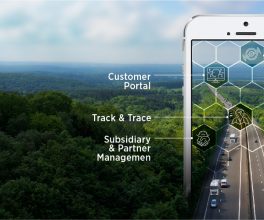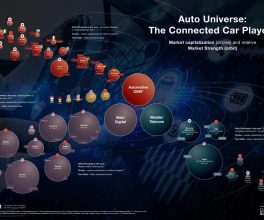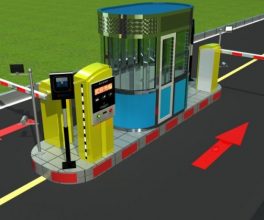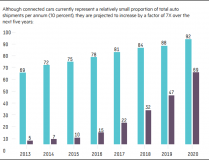WATERLOO — Three critical parts of the auto industry — car manufacturers, dealers and maintenance-repair shops — share little information, slowing customer service and the pace of innovation, says the head of Google Canada Automotive.
“The biggest problem we see right now, those industries do not talk to each other very well, there is a lot of friction that goes on here,” David Resnick said in a keynote presentation to the Autotech Symposium at the University of Waterloo on Wednesday.
“As a result of that there really isn’t a lot of data sharing that happens, and if it does happen, it is typically way outdated for it to be actionable.”
If all segments of the sector shared information and data, the parts makers would know what is working and what needs changing. That would improve product designs, inventory management and customer service, said Resnick.
Tapping into the data produced by vehicles in real time, and sharing it among the different sectors of the industry, could speed up the replacement of faulty parts, in some cases even before drivers notice anything is wrong.
Say a manufacturer ships vehicles with new technology in windshield wipers, and the vehicle diagnostics indicate the wipers are failing. The automaker does not have to wait for hundreds of angry customers to start complaining. The manufacturer can see that as it happens.
“We can see where those vehicles are, they can ship those parts out proactively to service bays so they can be switched out very quickly,” said Resnick. “I think there are hundreds of cases that you can imagine in a world like this that would be so much smarter for our industry.”
Drivers applying too much pressure when braking will wear out brake pads more quickly, and the telematics in a vehicle will pick that up. That can be shared with the drivers.
“Whatever it is, the access to information and data in much more real-time is going to help the industry be much more efficient,” said Resnick.
Through live interactions using the vehicle entertainment system, car manufacturers and parts makers can find out if customers are happy. After a vehicle is serviced, the parts manufacturers have no idea if it was a good or bad experience for the owner.
“By knowing this information in real-time maybe they can make better decisions about how they market and provide better customer relations,” said Resnick.
“There are lots of different examples of how the industry is going to get smarter if data flows move much more smoothly through the ecosystem.”
Dealerships are taking way too long to respond to online messages and questions from customers, according to survey data collected by Google. Even for something as simple as scheduling an oil change.
“Right now 41 per cent of consumers feel they need to get an answer in less than an hour,” said Resnick.
But dealers do not respond at all to half of the messages.
“It is absolutely mind-boggling,” said Resnick.
The survey data shows that 22 per cent of potential customers expect a response within 15 minutes.
“And currently we are not, as an industry, configured for this kind of service level,” said Resnick. “I think this is a really, really big problem in the industry.”
But artificial intelligence and machine learning platforms that understand human language can respond right away. If a car owner texts a dealer’s service department asking about an oil change, the platform can respond at different times on different days.
“It is just a very quick dialogue that happens via text messaging in order to get these types of transactional service requests very, very fast,” said Resnick.
“I think this is probably where the industry is going, it is just going to take some time, but no doubt this is a much superior solution than only getting a call back from your dealer’s service department 50 per cent of the time,” said Resnick.
Author – Terry Pender
Courtesy of The Record

